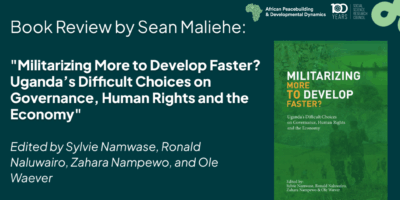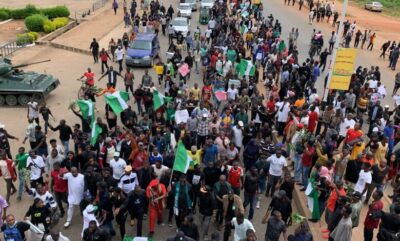Before I read Houria Bouteldja’s Whites, Jews, and Us in full, I heard about the controversy that accompanied its initial French publication in 2016, especially in leftist circles there.
Latest posts
Crossing and conversion
Duplicitous Dalits
June 19, 2018
Drawing on ethnographic and archival research between 2007 and 2010, I show how debates about conversion and Dalit materiality, tracing back to mission fears about the spurious and inauthentic position of Dalits…
June 19, 2018
Sex, secularism, and “femonationalism”
“Strange bedfellows” and the reproduction of civilization
June 14, 2018
While the theoretical engagements and arguments both books provide are not limited to the question of women’s rights and feminism in relation to civilizational politics, this question provides a critical terrain where…
June 14, 2018
Crossing and conversion
Armenian return conversions in Turkey
June 12, 2018
The politics of Turkish secularism does not only impose a radical break with the multi-religious Ottoman past, but simultaneously aims to deny the political violence—Armenian genocide—that constituted Turks and Armenians as majority…
June 12, 2018
Essays
Is Masterpiece Cakeshop a church?
June 8, 2018
Where is the religion in this case and what kind of religion is it?
June 8, 2018
Sex, secularism, and “femonationalism”
Trafficking as terror
June 7, 2018
The “war on terror” and the “war on trafficking,” two seemingly separate discourses, have become interwoven in recent years, castigating Muslim majority countries as sites of depravity, difference, and danger.
June 7, 2018
Load more













